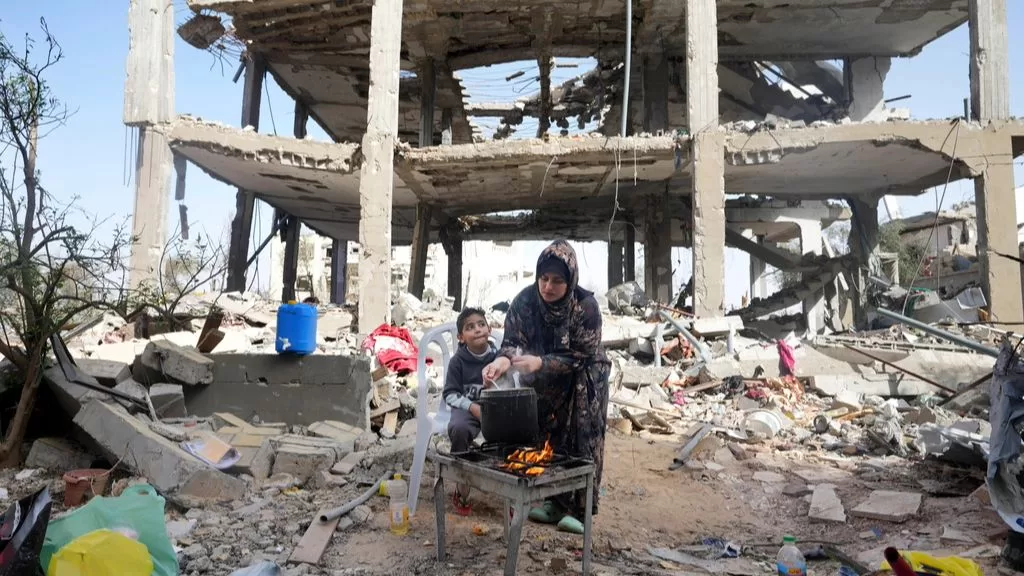Like so many Venezuelans, Luis Sulbarán helps his family who were unable to emigrate with him to South Florida. His case is a little more delicate than usual. “My brother is 35 years old. He has cerebral palsy. Right now he is going through a moment in which his legs are already weakening. My parents are 74 and 76 years old each. I mean, I need to help him”, says Luis.
Luis says that the help he sends to his family is no longer enough because Venezuela does not have the medical assistance they now need. He assures that he is willing to cover the assistance they require, if the government allows him to bring them. “I am not going to give that position to the government. I’m going to pay for all those expenses. I am going to cover all the insurance expenses”, says Luis.
In order to bring them to them, in October of last year, Luis requested a humanitarian parole for his brother and his parents. He gave permission that he would grant them temporary stay in the United States for urgent humanitarian reasons and says that, in January, he was approved as a sponsor, but that was it. “I thought that the most difficult process was financially being able to do all this, but what has become difficult for us is to continue the process,” he says.
Luis says that the process was stopped because his relatives did not receive an email indicating the next steps to follow.
Noelia Ramos, an immigration lawyer who does not represent this family, says that she has seen several technical errors during these processes that can delay them; such as when emails from the immigration and citizenship service, or USCIS for their abbreviations in English, go to the spam or junk folder. “If we are ruling out technical errors, you immediately have to contact USCIS. In this case it can be done through the same inbox of the account created by the sponsor. Or we can make a phone call. It is requested to speak with a supervisor that if we have to go to another level to resolve this situation and from there we can request that it be forwarded, ”says Ramos.
Luis says that he tries to communicate with USCIS by phone and by mail on a weekly basis. “Letters have been made, they have been made through the app, through everything. I can’t find what to do anymore”, says Luis.
When we contacted USCIS, they told us that they cannot comment on specific cases. We send you the data of Luis who continues to wait for a response while he says that his brother and parents continue to weaken in Venezuela. “We must be clear and recognize that the number of applications that have entered has been something incredible, so that everything that occurred at the beginning, the speed that we saw unfortunately is not the speed that will continue,” explains Ramos.
The lawyer says that the government has announced that they will hire more staff to expedite these processes, which according to her take up to 6 months. Luis’s goes for eight months and he has no news. The lawyer says that the best thing he can do is seek legal advice because there may be other avenues to request his relatives. According to figures from the same government, only 25 percent of humanitarian parole requests are usually approved.






